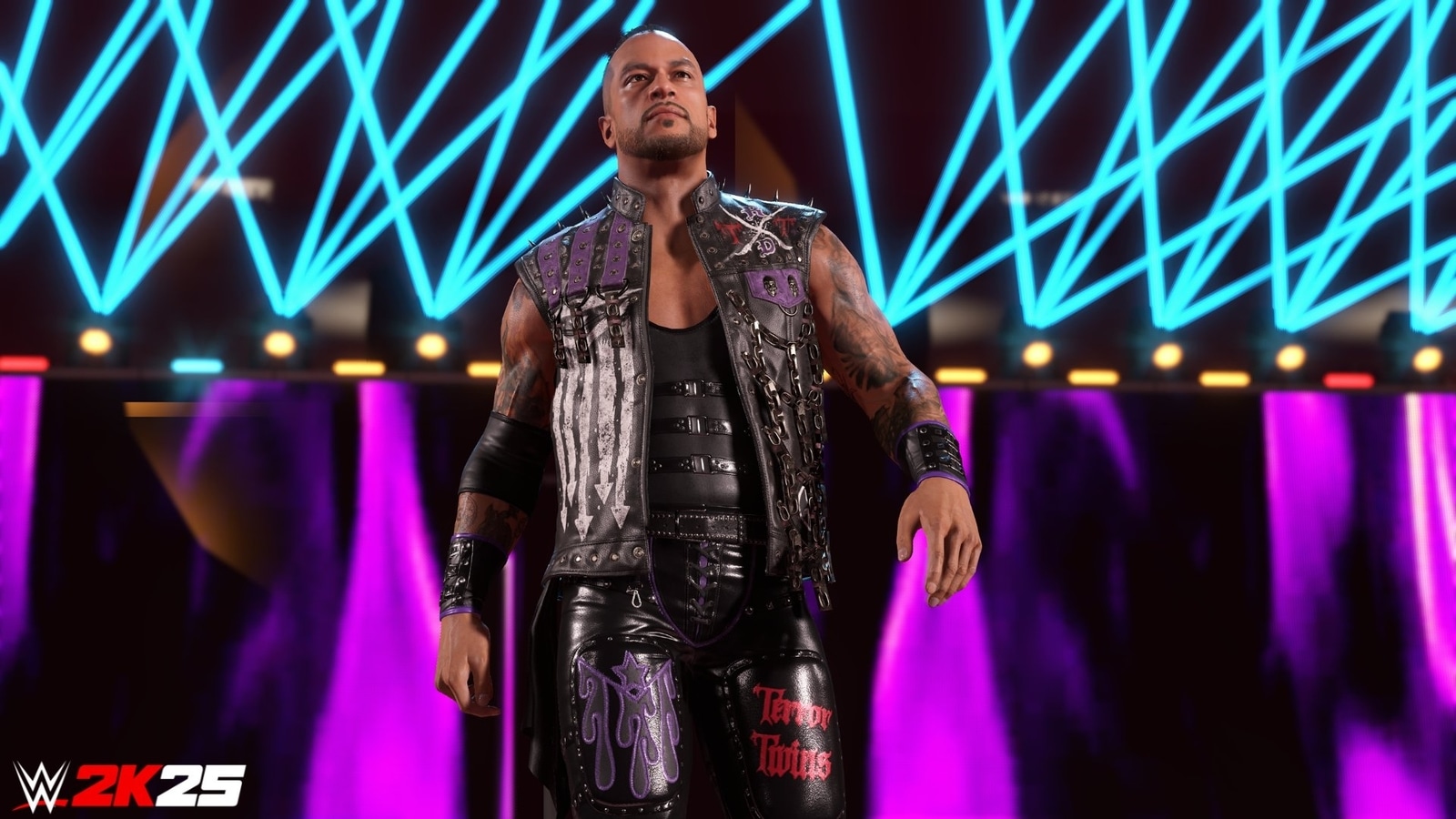Wakaliwood is more than a production house; it’s a spirit of ragtag moviemaking born from the pure desire to create. Founded in 2005 by the writer-director Isaac Nabwana and based in Wakaliga, a slum in Kampala, Uganda, the studio produces low-budget, hyperviolent action films inspired by “Rambo” and Chuck Norris but starring African actors.
The director Cathryne Czubek’s documentary “Once Upon a Time in Uganda” is as playful as Nabwana’s audacious movies, explaining how the unlikely partnership between the Ugandan filmmaker and the American producer Alan “Ssali” Hofmanis has reshaped African cinema.
The documentary is initially told from Hofmanis’s perspective. He explains how a trailer for Nabwana’s “Who Killed Captain Alex?” on YouTube inspired him to travel to Uganda, where he witnessed a pure film culture so unlike the cynical movie business that had burned him out in America that he decided to permanently move to the African country to become a multi-hyphenate creative partner on Nabwana’s Wakaliwood movies.
Czubek poses the relationship between Nabwana and Hofmanis as an artistic roller coaster: They’re either gleefully collaborating on script ideas for a cannibal movie or having a falling out over the direction of the studio. Czubek’s strategy means Nabwana’s wife, Harriet, the head of the studio, doesn’t get much attention, and it leaves unexamined Hofmanis’s desire to share his “discovery” of Wakaliwood, through his white gaze, with the world.
The film is strongest when capturing Nabwana’s resourcefulness, the exuberance of the local volunteers who serve as his actors and crew, and the joy his films bring to a Ugandan audience hungry for movies. “Once Upon a Time in Uganda” reminds you how the art of moviemaking can make dreams real.
Once Upon a Time in Uganda
Not Rated. Running time: 1 hour 34 minutes. In theaters.























